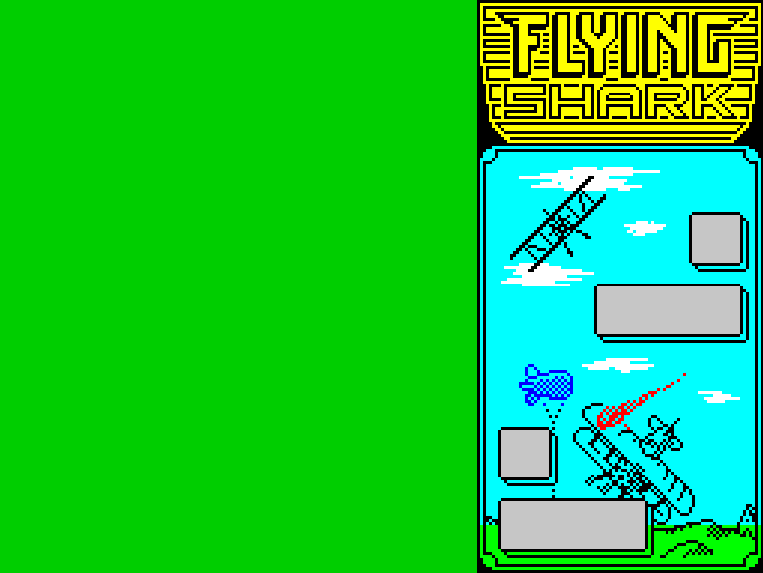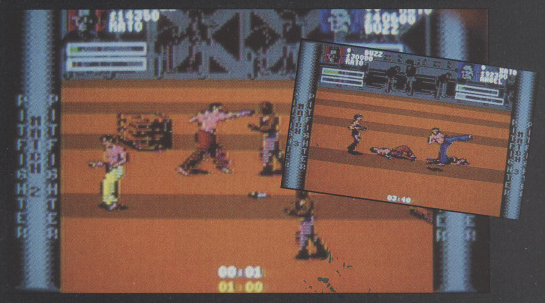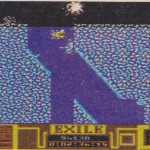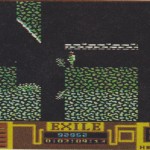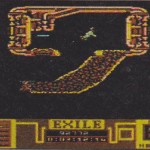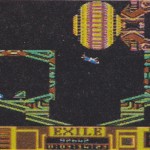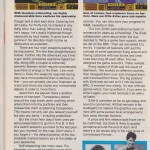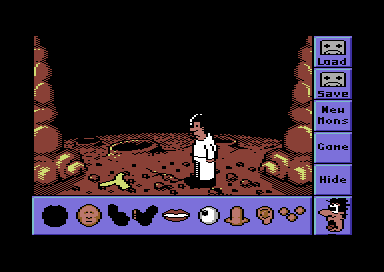Well, following on from the release of Fun School Special, we have a special update this time with not one new finding – but 7 previously unseen and unreleased games/previews – thanks to the efforts of Duncan Kershaw, who has been digging through his work disks for GTW64. This includes three full games, and the rest are quite meaty previews plus a sadly corrupted title (which we hope may get saved some day). But there also some other promising developments which you can find out more about below:
Duncan Kershaw recoveries released
A large amount of titles – most intended for Players Software recovered and preserved:
Codename Desert Storm (full game), Charlie (full game), Deep Star (preview), Harrier Strike (full game), Liberator (preview), Locomotive (preview), Space Hop (full game)
Firehawk (Codemasters) Level 1 map assets found
Firehawk
Dinnamic Donkey Duo and Elusive game remains recovered
Dinnamic Donkey Duo, Elusive
New Graham Gooch World Class Cricket review found and added
Graham Gooch World Class Cricket
More on R-Type V1 from Bob Pape
R-Type V1
16 additional new entries added
Demigod 1994, Hi-Tec educational titles, Kobyashi Naru 1994, Majik 1994, Micro Driv’in, Nightwing 1994, Shard of Inovar 1994, , The Darkest Road 1994, The Magus 1994, Unknown Ikari Warriors clone, Unnamed Karate game, Venom 1994, Wanted: Dead or Alive, World Boxing Champ, Zombies
And finally… 44 updates added
24th Amaranth GP, Adam Caveman, Axels Magic Hammer, Batman Returns, Brides Of Dracula, CJ’s 4th Adventure, City Bomber, Cops Fight Back, Dune Buggy, Escape From Colditz, Everwar, Fighting Cops, Final Eclipse, Firefighter, Flubble And Squij, Germ Alert, Habitat, Key to Success, Laser Disc to C64 interface, Leaving Teramis, Lethal Xcess, Mumbles – Superspy, Nuclear Nick, Olli & Lissa II: Halloween, Penguin Tower, Pipe Mania, Save The Hippy, Scooter, Se-Kaa of Assiah 1994, Solar Jetman, Sooty And Sweep 2, Space Ace, Spikey and the search for Rip, Spooky, Starburst, Super Pac Twins, The Seven Gates Of Jambala, Time Scanner V1, Trojahn, Unknown Ole Mogensen game, Venturia, Warriors
